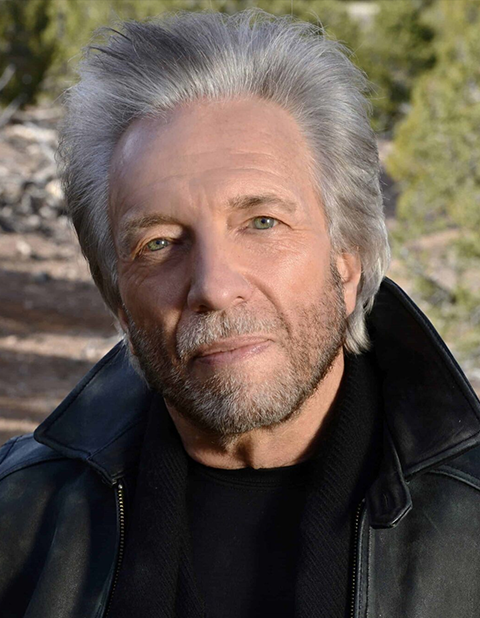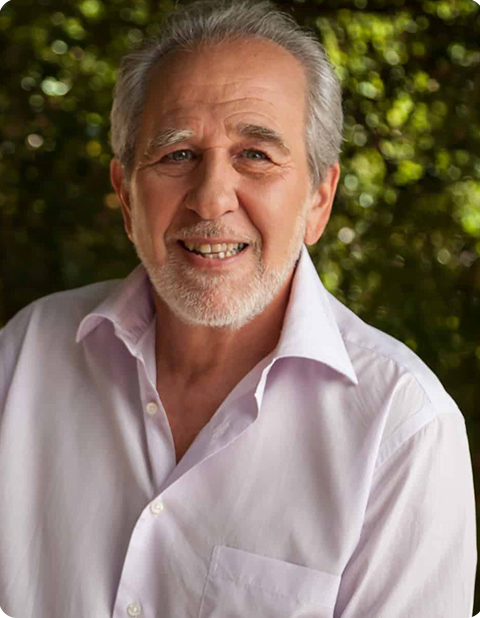When examining the world’s great religions, one might anticipate finding a list of profound concepts at the forefront. These could include the nature of the divine, the origins of the universe, or the meaning of life. Yet, it is often the case that when it comes to matters of great significance, the ultimate truth can be found in something astonishingly straightforward: love.
Yes, that most human of emotions—the source of our greatest joys and anguishes—is paradoxically the beating heart of dogma and doctrine across the spiritual traditions of humanity. From the Judeo-Christian commandment to love one’s neighbour as oneself to the Buddhist concept of metta (loving-kindness towards all beings) to the Sufi ideal of ishq (spiritual love), the importance of love resounds across the ages and cultures.
What is faith, if not the ultimate love story, between humans and the divine? The great spiritual texts read like romantic epics, with the soul cast as the devoted lover pining for a reunion with the Beloved. From the ecstatic poetry of Rumi to the transcendent “love calls” of the Hindu mystics, the language of religion is filled with love notes.
Yet, for all this exaltation of love’s sublime nature, its true importance lies in its sheer mundanity. After all, truly loving another person is to embrace their flaws, insecurities, and quirks as wholeheartedly as their virtues. What could be more spiritually profound than accepting someone’s humanity in all its messy totality?
In that light, the great religious parables of unconditional love—the prodigal son welcomed home, the criminal pardoned at the last moment—take on a new level. They teach us that love’s highest form is not in grand gestures but in the humble, everyday acts of forgiveness, kindness, and patience towards our imperfect beings.
Remember that we can’t pour from an empty cup; true transformation requires self-love!
What does it mean to truly transform, to shed the old and embrace the new? Is it simply a matter of external change, of altering our behaviours or circumstances? Or is it something more profound, a fundamental shift in our being, a soul’s metamorphosis?
According to many religious and spiritual traditions, true transformation requires a deep and abiding love, particularly a love for oneself.
This is the lesson that Anita Moorjani, author of the book ‘Dying to Be Me,’ learned through her near-death experience during her battle with cancer. Could this be the key to unlocking our true potential?
As Moorjani recounts, in the moments when she hovered between life and death, she experienced a profound realisation: that the root of her illness was not physical but spiritual. It was a manifestation of her self-hatred and fear, a reflection of her living out of alignment with her true self.
In that moment of clarity, Moorjani understood that the key to her healing and transformation was self-love. She writes, “I realised that my physical condition reflected my internal state. If I was going to change my physical condition, I had first to change my internal state. And to do that, I had to love myself unconditionally.”
This idea that self-love is essential for transformation is not just a spiritual concept but one supported by scientific research. Studies have shown that self-compassion, which involves treating oneself with kindness, understanding, and acceptance, is associated with a range of positive outcomes, including increased motivation, improved mental health, and greater resilience in the face of stress and adversity.
For example, a study published in the journal Personality and Social Psychology Bulletin found that individuals who practice self-compassion are more likely to take responsibility for their mistakes, learn from their failures, and persist in the face of challenges. They are also less likely to engage in self-sabotaging behaviours or be paralysed by fear of failure.
Another study published in the journal Clinical Psychology Review found that self-compassion was a critical factor in the successful treatment of a range of mental health conditions, including depression, anxiety, and post-traumatic stress disorder. By learning to treat themselves with kindness and understanding, individuals could develop greater emotional resilience and cultivate a more positive self-image.
But why is self-love so essential for transformation, both spiritually and scientifically? It is because, as many religious traditions teach, we are all inherently worthy and deserving of love simply by virtue of our existence. When we learn to love ourselves unconditionally, we are able to tap into that inherent worthiness and see ourselves as whole and complete rather than as broken or deficient.
This is the lesson that lies at the heart of many religious beliefs, from the Christian teaching that we are all created in the image and likeness of God, to the Buddhist concept of “Buddha nature,” the idea that we all have the potential for enlightenment within us. When we learn to love ourselves as we are, we can access that potential and transform our lives in powerful and profound ways.
The path of self-love can be challenging.
It requires us to confront our deepest fears and insecurities and challenge the negative beliefs and patterns that have held us back for so long. It demands that we be honest with ourselves, acknowledge our flaws and imperfections, and celebrate our unique strengths and gifts.
As Moorjani’s story illustrates, the rewards of self-love are immeasurable. When we learn to love ourselves fully and unconditionally, we tap into a source of infinite wisdom and resilience. We become more attuned to our needs and desires, more capable of setting healthy boundaries and making choices that align with our true selves. We develop a sense of inner peace and contentment that radiates outward, inspiring others to do the same.
We live in a world that often feels chaotic and uncertain; self-love is the anchor that keeps us grounded and centred. It is the foundation upon which we build our spiritual and scientific understanding of the world, the lens through which we see ourselves and others with clarity and compassion.
Transformation requires balance.
Self-love, while essential for healthy self-esteem and personal growth, can sometimes tilt into narcissism if not balanced appropriately. When self-love becomes excessive, it can lead to self-centeredness and an inflated sense of self-importance. This can damage relationships and create isolation as individuals prioritise their own needs and desires above those of others.
Moreover, an unbalanced focus on self-love can prevent personal growth by fostering complacency and resistance to constructive criticism. This resistance can hinder self-improvement and the development of empathy, as the individual may become blind to their faults and the needs of those around them.
What we need in life is a balance that allows for self-respect and self-care while also fostering meaningful connections and understanding with others.
Balance ensures that self-love does not morph into arrogance but remains a source of inner strength and resilience. It encourages individuals to be confident yet humble, assertive yet considerate. A balanced approach promotes personal well-being while maintaining healthy relationships and contributing positively to society. Balance allows for a harmonious integration of self-love with love and respect for others, creating a fulfilling and well-rounded life.
Let us learn to love and accept ourselves just as we are by turning within with a sense of inquiry and kindness. It is essential to remember that when we do this, we not only transform ourselves, but we also contribute to transforming the environment around us.
blog 
Read our latest posts.
courses





















